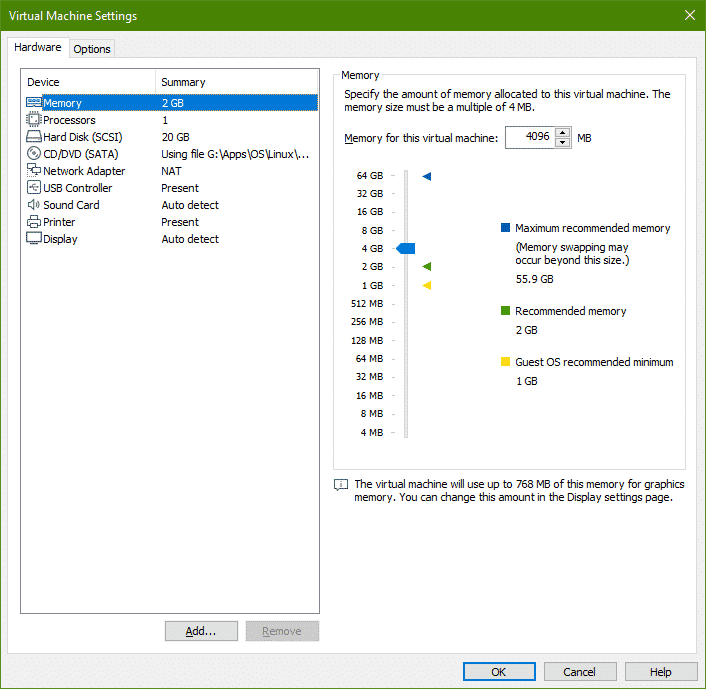
Run this command to install VMware Tools:įollow the prompts to install. Extract the VMware Tools tar to the Desktop and follow the below commands. If you didn't have open-vm-tools, you can skip to this step.Ĭlick on Virtual Machine > Install / Update / Reinstall VMware Tools. Then, after your computer reboots, you can install the VMware tools. Sudo apt- get purge -auto-remove open-vm-tools Sudo apt- get remove -auto-remove open-vm-tools If you do have it installed, uninstall it. If it’s not installed, then first make sure you don’t have the open-vm-tools installed. Installing VMware toolsįirst, make sure you have VMware tools installed. I’ve had some trouble making my copy/paste work on a Ubuntu VM and hopefully it will help someone. If anyone has suggestions what this problem may cause, it would be appreciated!įor now, I just redo the signing procedure (e.g.This is a bit of a miscellaneous post.

I myself have always problems with the loading of the vmmon module (I think it is not working after any system update).

Openssl rsa -des3 -in MOK.priv -out MOK.priv Note, that this will only be required doing once! The key you have created will be trusted, so make sure, you properly secure the key (it could be a security risk, as anything could be signed with this key and would be trusted by the system). Reboot - this will automatically start the "key enrollment" and will ask for the prior selected password Import the key to your MOK (Module owned Key) and select a password (you will to need this password on reboot, so it will be enrolled. MOK.der $(modinfo -n vmmon) $sudo /usr/src/linux-headers-`uname -r`/scripts/sign-file sha256. $sudo /usr/src/linux-headers-`uname -r`/scripts/sign-file sha256.

$openssl req -new -x509 -newkey rsa:2048 -keyout MOK.priv -outform DER -out MOK.der -nodes -days 36500 -subj "/CN=VMware/" You can find a description of how to do it here. Alternatively, you could also sign the drivers with your own key and keep the Secure Boot.


 0 kommentar(er)
0 kommentar(er)
